LOCALISED is co-organizing the 2024 edition of the European Urban Resilience Forum (EURESFO) that will take place from 26 – 28 June within the framework of the Valencia Cities Climate Week, hosted by the city as part of its EU Green Capital 2024 celebrations. Additionally, the project is leading an highly-interactive workshop to tackle the specific challenges of small and mid-sized cities & regions in setting-up climate action plans
Over three days during the Valencia Cities Climate Week, EURESFO24 will offer 20+ sessions and interactive workshops built around 3 key thematic streams with more than 100 speakers and moderators from European cities and regions, including ICLEI members Burgas (Bulgaria), Paris (France), Dresden (Germany), Athens, Thessaloniki (Greece), Rotterdam, the Green Metropolitan Region of Arnhem Nijmegen (Netherlands), Rome (Italy), Valongo (Portugal), Barcelona, Valencia (Spain), Malmö (Sweden), Izmir (Türkiye), and Mykolaiv and Ostroh (Ukraine), among others. The event will bring together high-level representatives of cities and regions from across Europe to discuss challenges and opportunities to strengthen resilience in the context of sustainable urban development.
Each of the three key thematic streams, and a fourth special stream, will address crucial aspects of resilience, sustainable development and recovery. The first stream focuses on multilevel governance, cooperation, and the need for a just transition. The second stream delves into water resilience and the promotion of the Blue Economy within and beyond the Mediterranean region. The third stream aims to enable transformation towards resilient, adaptive, and climate-neutral cities and regions. The fourth special stream focuses on building resilience in fragile settings and bridging the gap between humanitarian responses to post-conflict resilience and the recovery process.
On June 27, within the “Multilevel governance, cooperation and just transition: resilience leaves no one behind” stream, LOCALISED organises the workshop “What kind of tools and practices do city and regional administrations need to make urban resilience a reality?” to explore how to better integrate mitigation and adaptation measures, and how to ensure a collaborative environment in local administrations. Together with participants and invited city representatives, we will share experiences and test a support tool in-the-making: the Localised Climate Action Strategiser.
Elina Bardram, Mission Manager, Director for Adaptation & Resilience, Communication, and Civil Society Relations, DG CLIMA, European Commission, highlights: “In the face of climate change, collaboration is not merely an option but a necessity. Inclusive and participatory processes are also key for pursuing the priorities of the European Union. As we convene at the 11th EURESFO in Valencia, let us recognise the urgency of working together across all levels of governance and sectors. Our mission, as outlined by the EU Mission on Adaptation to Climate Change, extends beyond dialogue; it demands concerted action. EURESFO is a great opportunity to leverage collective wisdom and drive impactful change towards resilient, sustainable futures for all.”
Harriët Tiemens, Director of the Green Metropolitan Region of Arnhem-Nijmegen (Netherlands) adds:
“Water resilience and a meaningful integration of the Blue Economy is key to a more resilient future. It is important to use the specific soil and water conditions as guiding principles for rural and urban development. This should be included as a guiding principle in European policy and as a condition for funding programmes.”
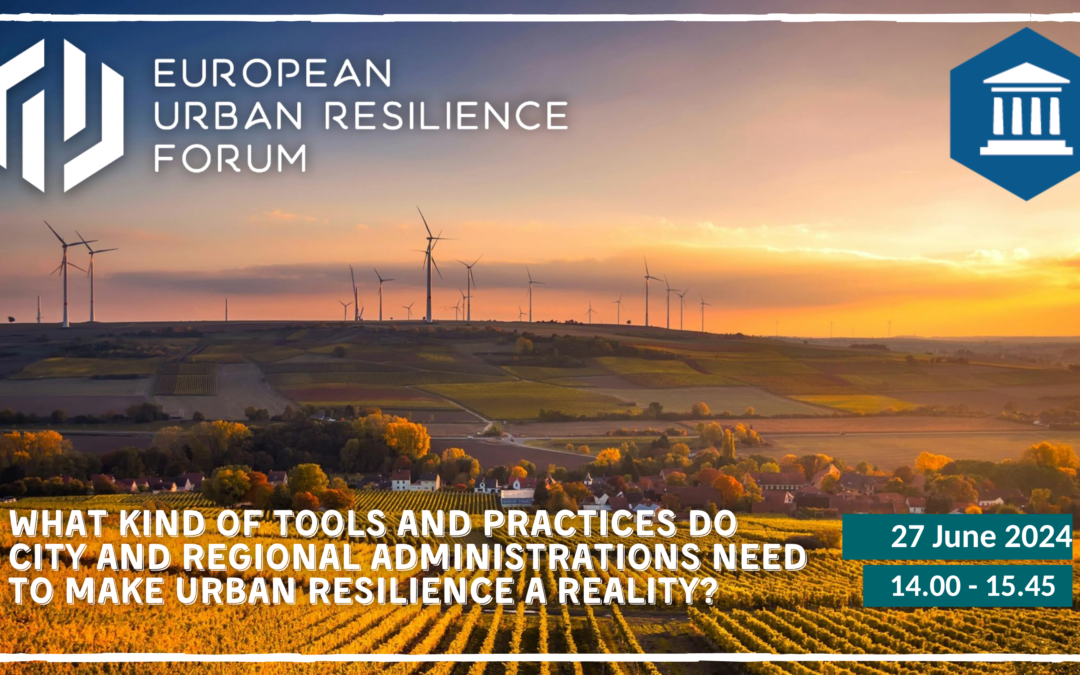
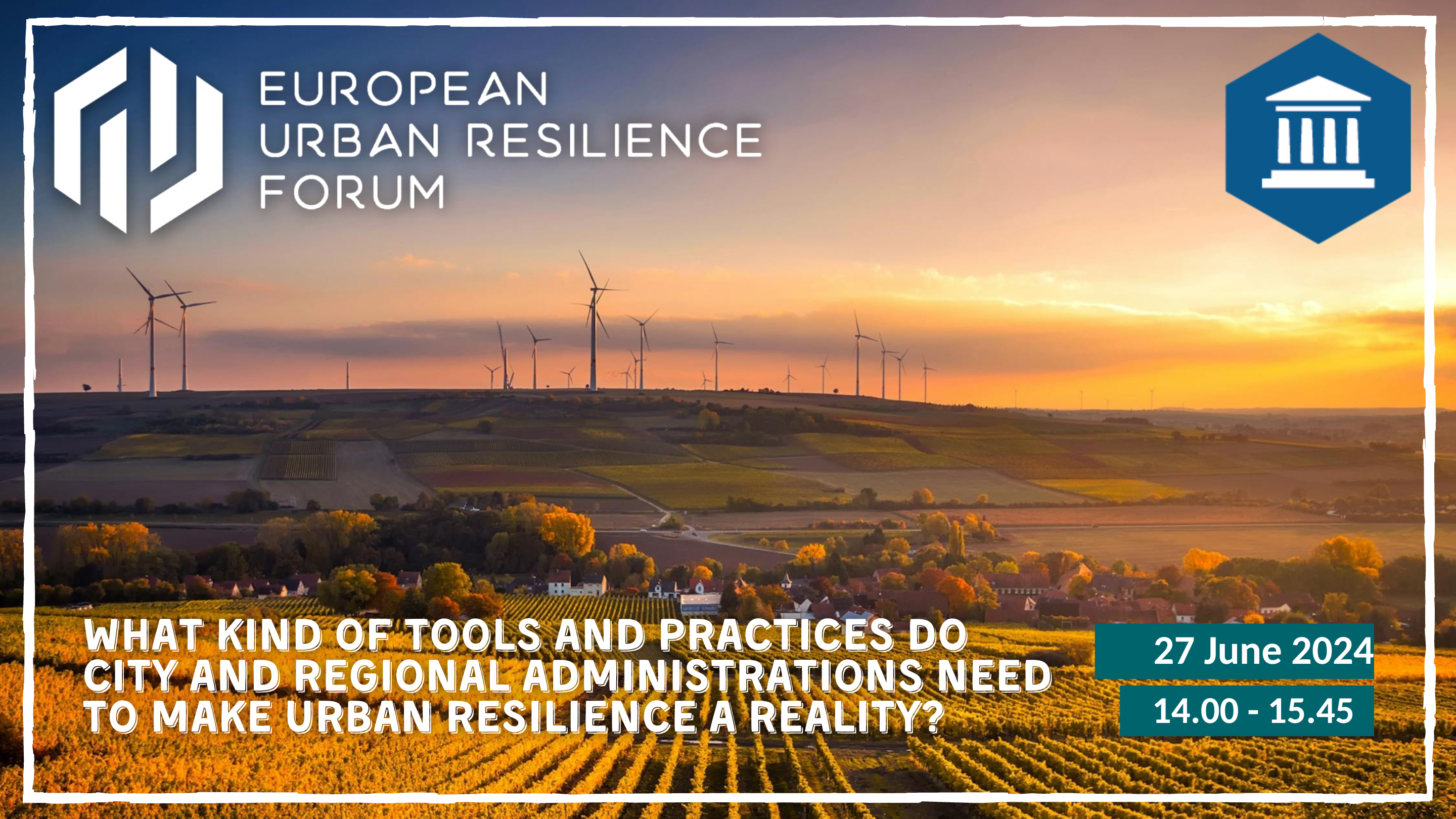

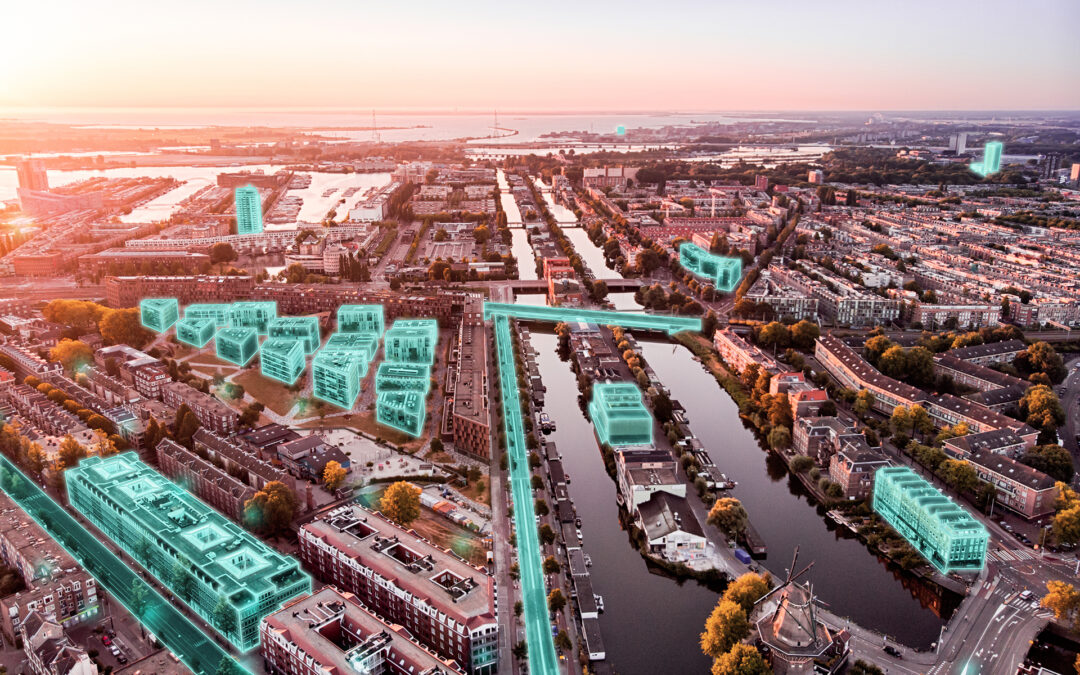

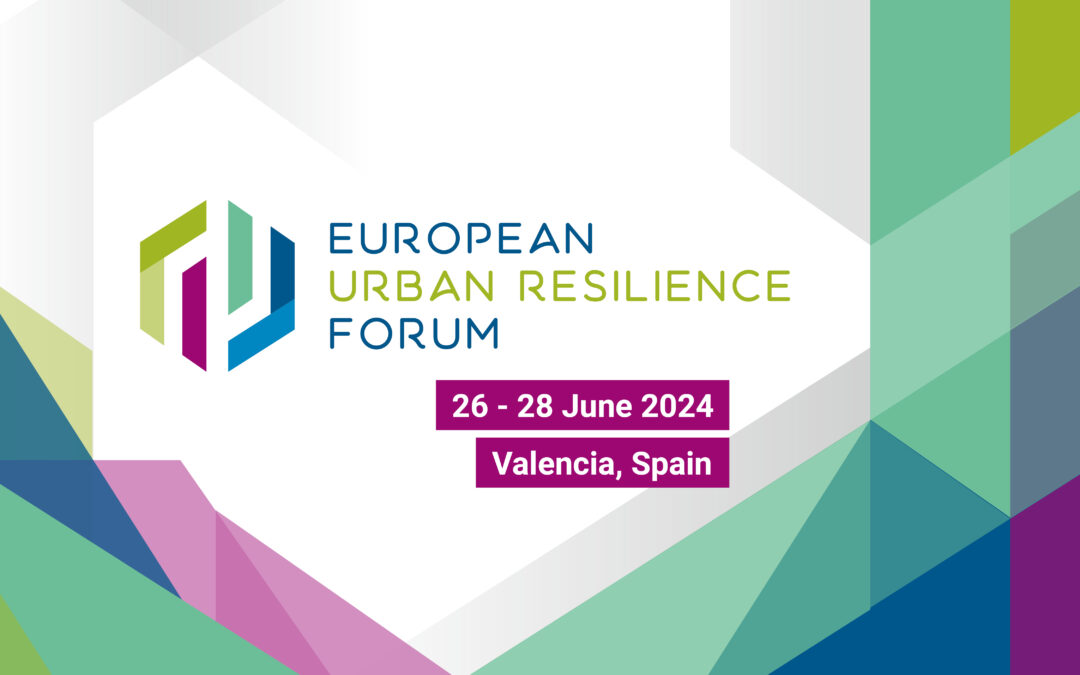
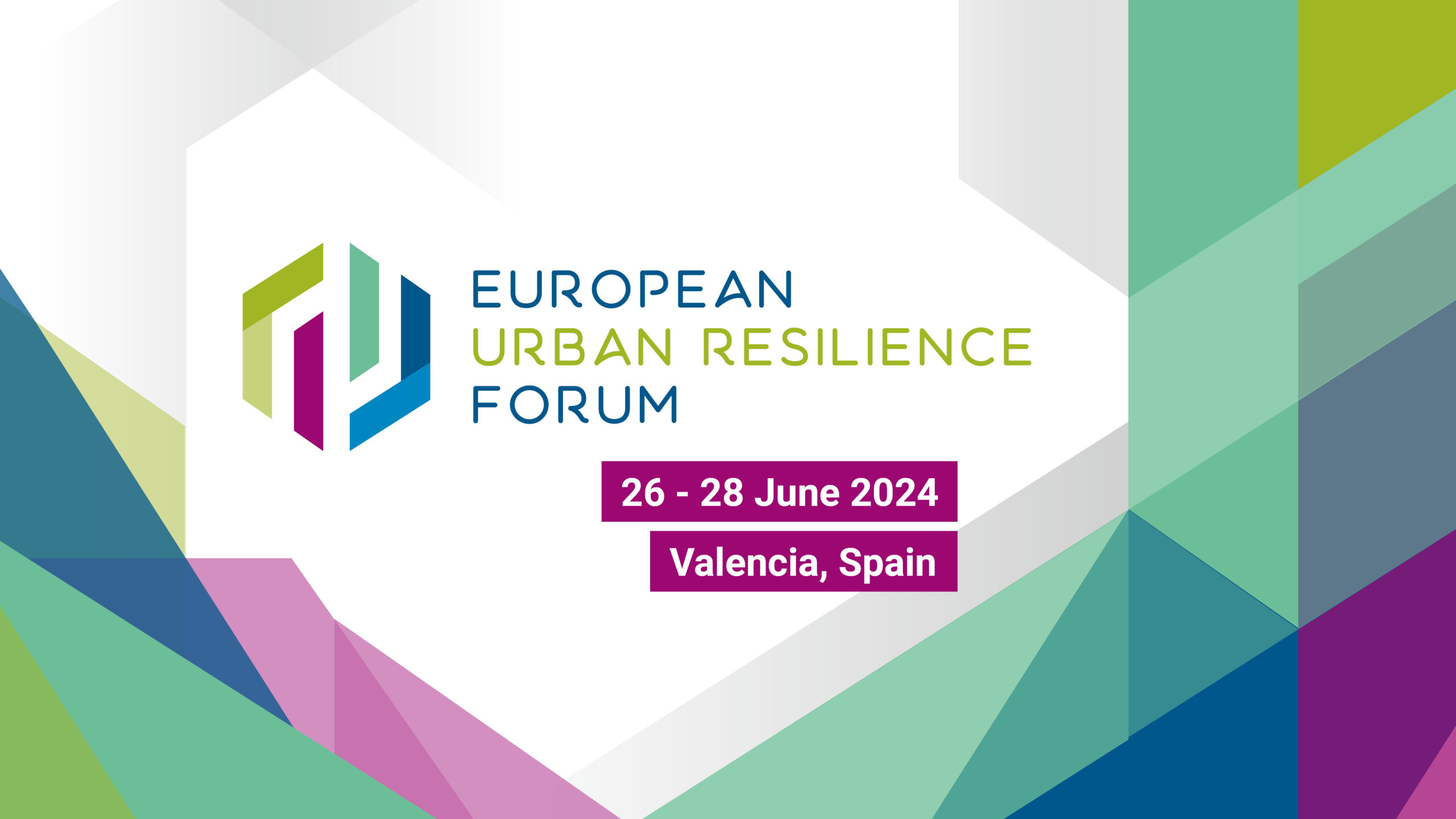
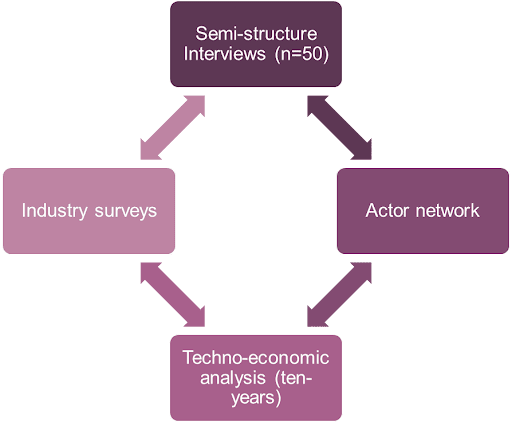
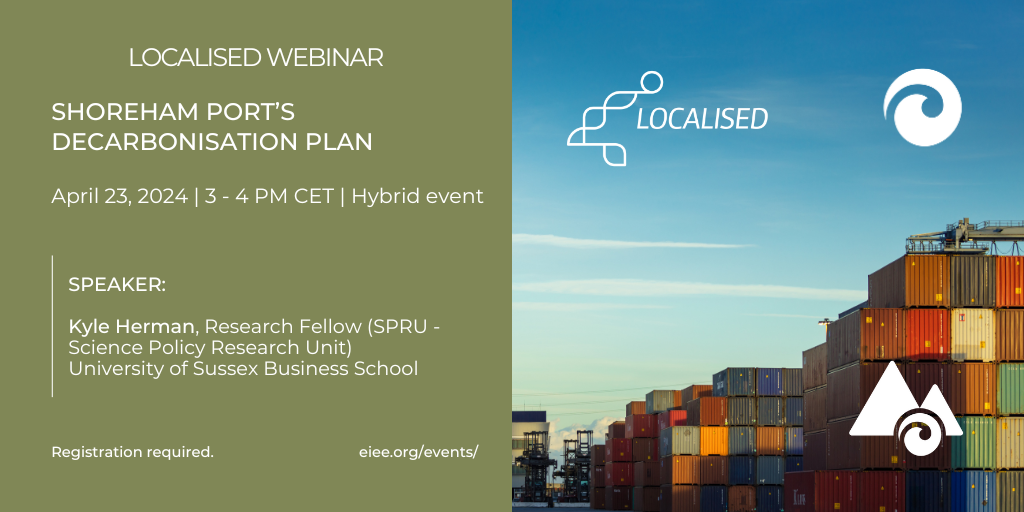
Recent Comments